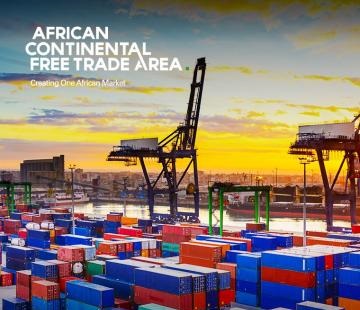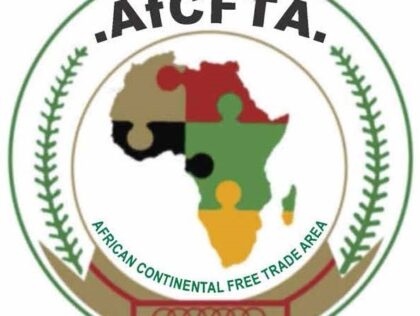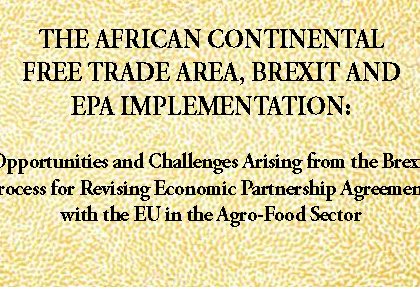Ahead of an ECOWAS experts meeting on the Economic Partnership agreement (EPA) with the European Union (EU), to be held in Accra from 20-22nd of February 2013, there are gloomy clouds on the horizon, firstly about the possible direction that ECOWAS officials? might lead the region and ?betray? their peoples and the sub-region by reversing current negotiating positions and offering even more liberal terms to an intransigent and aggressive European Union; and secondly, about the role that Ghana might play in such an unfortunate turn of events. ECOWAS CSO?s have issued a public admonition to the officials about the prospect of such a ?betrayal?
His Excellency, President Mahama himself has had cause to speak caustically about the direction of the EPAs and their dangerous implications for West Africa and Ghana at the 7th summit of the Africa, Caribbean and Pacific (ACP) group of countries in December 2012. Given Ghana?s delicate and potentially game-changing position in the West African EPA framework, it is imperative to call on the Government to show consistency of purpose and offer some leadership at this critical juncture in the EPA process.
The Ghanaian President spoke against the EU?s imposition of arbitrary and aggressive deadlines on countries like Ghana to sign the EPAs as well as the EU?s insistence on far-going, outright liberalization and how these will damage national revenue (through sharp reductions in customs revenue collection); adversely impact entire economies of what are still developing and least developed countries; and undermine regional economic integration such as that pursued by West African states through ECOWAS.
Despite such clear grasp of the fractious and anti-developmental nature of the current EU-driven EPAs, Ghana has continued to equivocate on its own EPA positions in ways that undermine and weaken ECOWAS as a whole. Even the pro-free trade World Bank states that opening of more than 65% of West African markets on equal terms to EU companies and goods will destroy domestic industry. Yet, in the face of an already struggling Ghanaian industry, barely gasping under the choking weight of unfair competition by imports, and despite the ECOWAS position of 70% market opening in the EPAs, Ghana?s go-it-alone interim EPA offers an 80%+ opening to the EU. As long as such as this exists the EU will use it as a benchmark pushing the entire region towards this lower, disastrous threshold.


